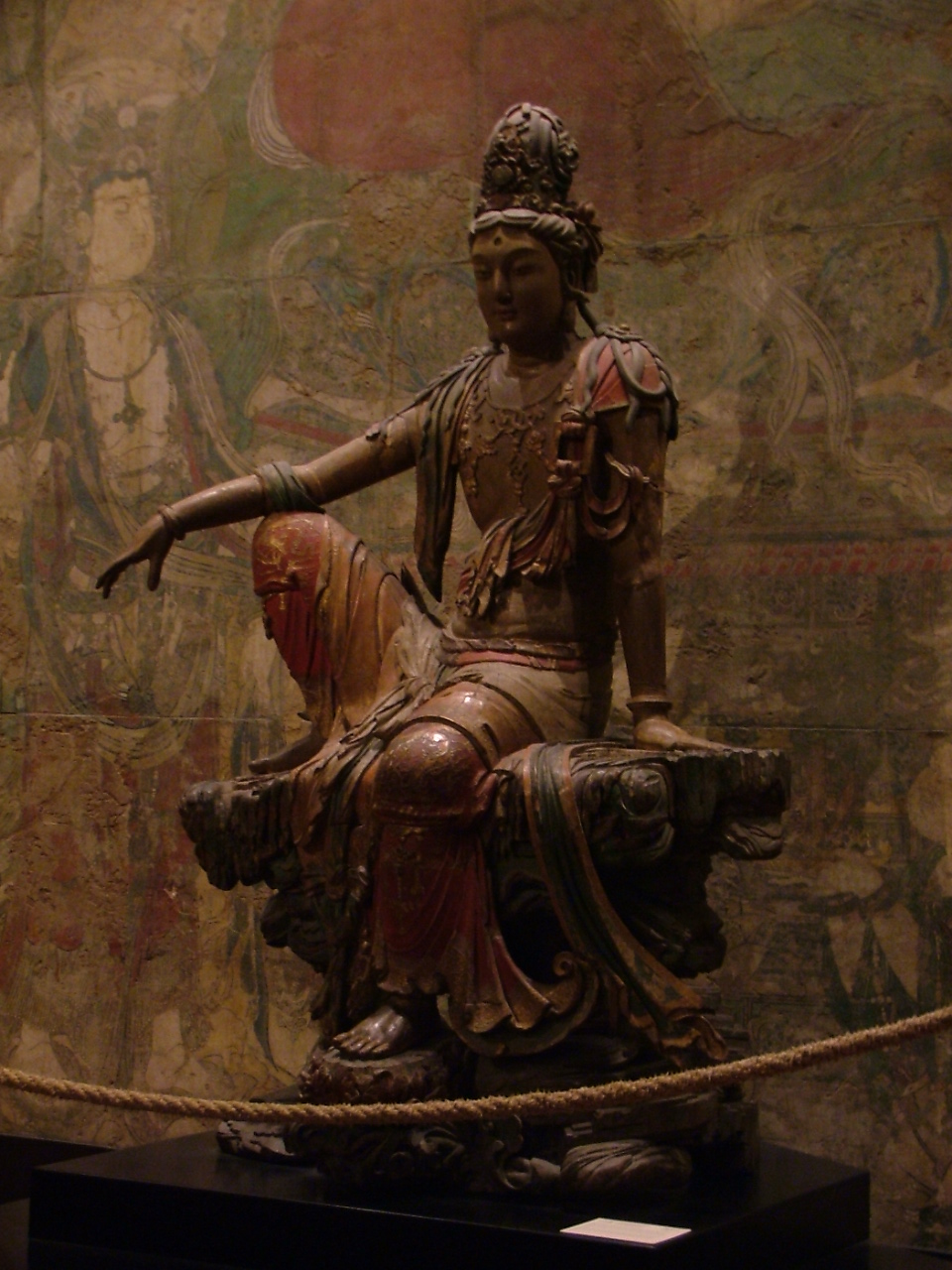Kids these days are really “lucky”. I see a lot of parents buzzing around their precious little ones, so too eager to please them, some even apologise to their child when their child fall and hurt themselves through their own misbehaviour. I’m not suggesting that parents should not want to bring happiness to their children. But if that is the only concern, then they are in trouble. Both the parents and the child that is.
There are two aspects I want to consider: 1) the consequence of being so preoccupied with pleasing the children and 2) the rationale behind it. I’ll start with the rationale part.
Wanting them to be Happy
I think it is a good thing that most parents want happiness for their children. Adult life in modern Singapore (or most places) is stressful enough, we don’t need parents to make our childhood worse off. Anthropologist would perhaps say that this is the nurturing and social quality of humans that forms the basis for growth and development of the human species and communities. Evolutionist would say that such qualities proved to be suitable for the survival of the human species. I’m just glad it is so and that my parents were very loving even if my mom had to introduce me to the finer points of caning (of the palms) in my younger years as a schoolboy.
I say “most parents” grudgingly as a part of me is still reconciling with those cases where parents abuse, harm and even prove to be fatal to their children. Unfortunately, there are such parents. Fortunately, they belong to the fringe, the anomalies if you will. This article is not really about them, though if they would try to behave more like they are in the parenting popularity contest, they would be better off.
Giving happiness to our children is not wrong. Wanting happiness for them is not a crime. Being happy when they smile and not cry is in no way something to be apologetic over. The problem (like “buts”, there is always a problem!) is when that is all we are concerned about. If our logic is that parents should satisfy every whims and fancy of the child in order for them to be happy, then we are so wrong. It is one thing to be able to give our child what they want, it is another thing to simply give them everything they want. If we do so just to achieve immediate happiness, we may end up building in them this instant-gratification mindset. The whole society and media is already doing it, we don’t need to deepen it.
Being parents, we should have our child’s welfare and happiness in mind. But comparing short term and long term happiness, we as adults should know better. Behave in a myopic manner and we may regret 10 to 20 years from now, while our child have to face those consequences in his character and person for his whole life.
Parenthood is not a Popularity contest
So why do parents behave in such a way? I observe that in the past family structure, parents in their old age may be more financially dependent on their children. It is traditional that the parents would stay with one of the children, normally the eldest son or child. It may vary but parents would typically stay with one of the children and be looked after in their old age. Parents today are supposed to be more independent socially and financially but they appear to be emotionally dependent compared to parents of the earlier generation. While I have not done any studies, I observe that many young parents these days are very concerned whether their children love or like them or not. This to me, is one of the factor that fuels the popularity parenting mindset. There may be other factors involved, and I hope to hear from you all
your thoughts about it.
The combination of ‘myopia’ and popularity parenting mindset creates a dangerous situation where the parents’ sole aim is to please the child, somewhats at all cost, financially and emotionally. Without regard for the long term impact, this put the parents squarely at the mercy of the child’s emotional roller-coaster. While the parent seem to win the love of the child, they are unwittingly teaching the child emotional-ransom. The by-product is that some children may over the years, grow up believing that the world should and would revolve around them, just as their parents did. By the time they reach their late teens or early twenties and step into society, they may not be emotionally resilient enough to face life’s setback. While nobody wants such an outcome, it can become the eventual scenario if the earlier factors are not nipped off sooner.
Don’t worry if you are their favorite parent or not, just be the best parent they have!
Fortunately, I also see parents who are playing the adult role in the parent-child relationship. Instead of being overly preoccupied with short-term happiness, they provide for their children suitably without succumbing to the temptation of “Favorite Parent Award”. Not always giving your child what they want may mean that they will cry a little here and there, but they will also learn that they cannot cry their way to their next toy. Oh and while you are at it, please hush your child and not let your child wail, scream and flail around in the bus or train. Have some decency and respect for other’s peace and space. Besides, tt is also safer for the child if you restrain him while in a moving vehicle.
On top of giving and providing for their material needs, please also give them some good values. Grades only appear in their certificates while money is only useful when gone (spent!). Values stay in their heart for the rest of their life. And the best way to give them good values, is to live by those values.
I’m not anyone’s parent, but I learnt from the best parents, the best and only parents I ever had.




